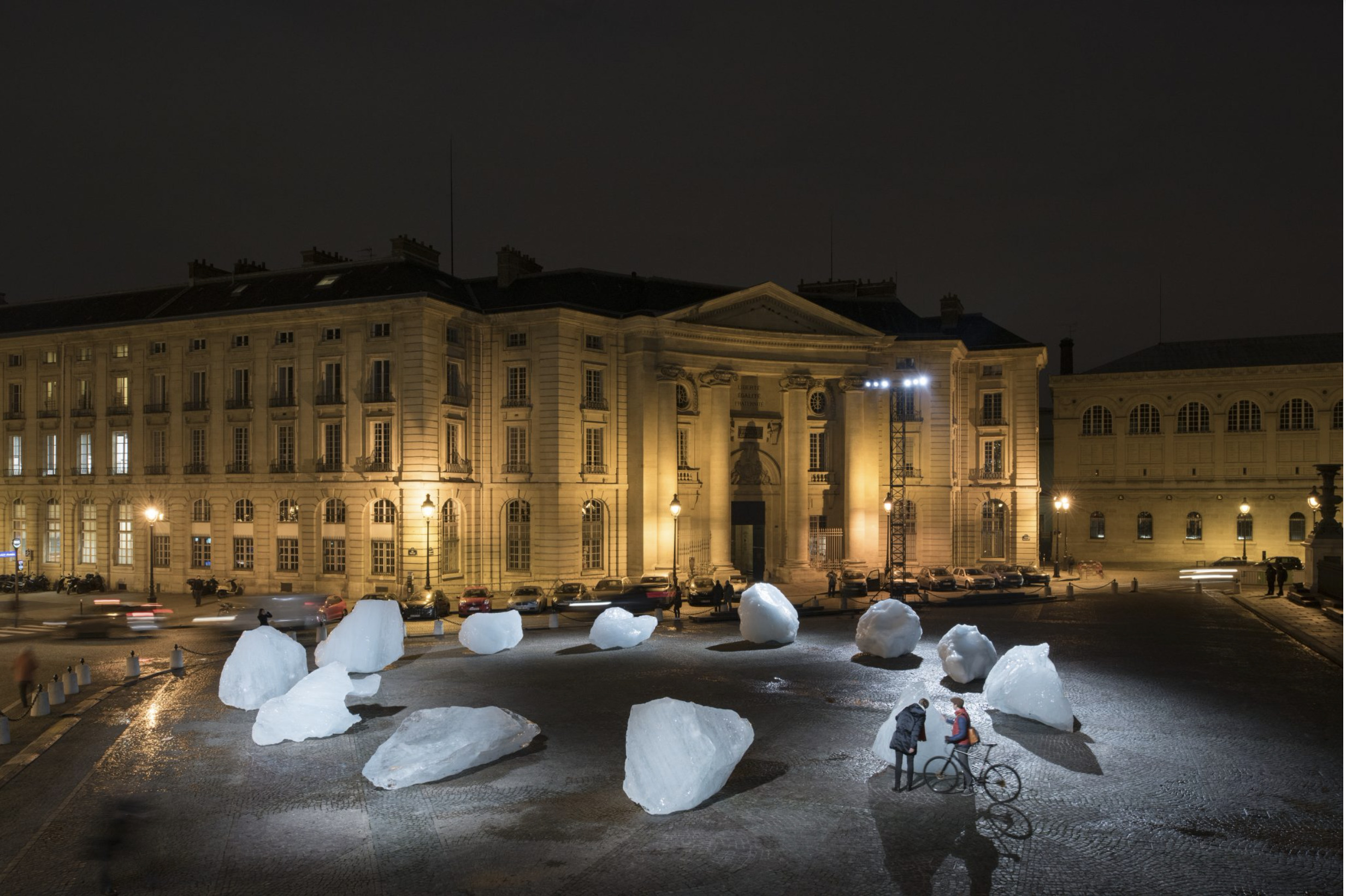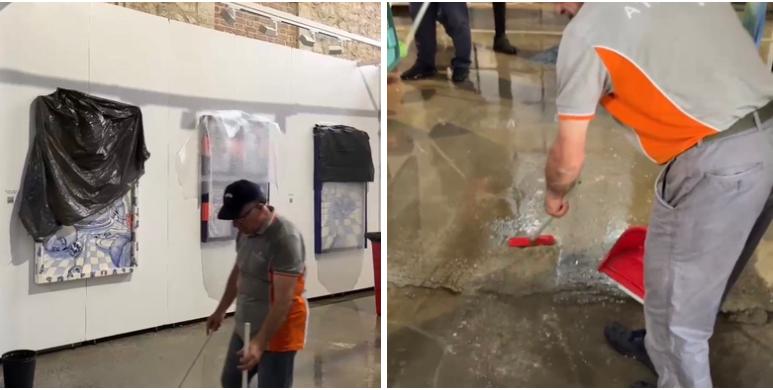The Old Masters auction at Dorotheum on 25th October 2023, will feature a rediscovered work on paper which has recently been identified as a late drawing by Raffaello Sanzio, called Raphael, the central artist of the High Renaissance.
The sketch, depicting a horse and rider, is one of the few known drawings by Raphael from his late period. The study is especially significant due its role in one of the most ambitious artistic projects of the 16th century: the decoration of the papal apartments in the Vatican. The drawing is a preparatory study for a part of the fresco of the Battle of the Milvian Bridge in the Hall of Constantine. The Stanze, known collectively as the ‘Raphael Rooms’, are regarded as amongst the most significant achievements of art history.
The drawing, executed in red chalk, provides fresh insight into Raphael’s working practice and an auction result in excess of a million euros is expected. “Compositional and stylistic details confirm that this is a preparatory study by Raphael for the celebrated fresco”, Dorotheum’s Old Master specialist, Mark MacDonnell, says: “It has an energy, a verve, a movement, and a quality which make this sheet an outstanding rarity”.
About the artwork
The decoration of the papal apartments, commissioned by Pope Julius II and his successors, was one of the most ambitious artistic projects of the period. The central fresco of the Hall of Constantine depicts the Battle of the Milvian Bridge between the first Christian emperor Constantine and his rival Maxentius. It was to be the climax of the iconographic program of the Stanze: the historic victory of Christianity over paganism. This monumental fresco depicts the two armies in the midst of the heated struggle – a scene of intense emotion and movement, with intertwining bodies in action. Extensive planning and preparatory drawings were necessary for such an elaborate scheme.
The present study, a sketch in red chalk, is one of only three surviving drawings for this fresco by the master’s hand, the other two being in the Louvre and the Ashmolean Museum in Oxford.
This sheet, of particular virtuosity, has been held in private collections and was once previously attributed to Rubens. Now, through comparative analysis of technique and composition, this study of the horse and rider has been recognised to be Raphael’s own work.
The significance of the sketched falling horse and rider in the study is evident in its prominent position within the finished fresco. Raphael did not live to see the completion of the fresco as he died in 1520, and his pupil Giulio Romano took over the final painting. The drawing of this group in the composition, illustrates however how closely Raphael himself was involved in the design of the commission which crowns his achievements in the Vatican Palace.
In addition, this sheet of paper used by Raphael for his study provides a fascinating insight into the day-to-day practice of the 16th century artist’s workshop. Worksheets were often used several times to record ideas. On the verso of this sheet are drawings by Raphael’s assistant, Polidoro da Caravaggio, executed later.
Dorotheum is delighted to be able to offer this extremely rare and important study by Raphael for sale.







